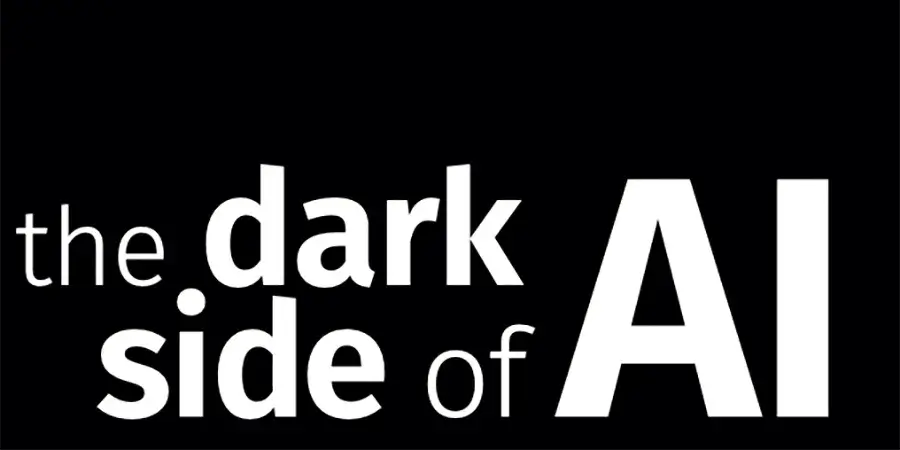
the dark side of AI
August 21, 2023
No doubt, artificial intelligence (AI) advancements have the potential to bring about transformative changes across a wide range of industries, leveraging the power of machine learning, deep learning, and other AI techniques to enable machines to perform tasks that traditionally required human intelligence.
However, what happens when cybercriminals exploit AI and machine learning technologies for malicious purposes? AI-supported password guessing, deepfakes, human impersonation on social networking platforms, AI-supported hacking, … the list goes on.
At Wesley Clover International, we follow these emerging trends closely, and one of the award-winning portfolio companies, HYAS, is a cybersecurity industry leader. CEO David Ratner predicts that although high-profile cyberattacks like the SolarWinds and Colonial Pipeline incidents will increase, identifying and investigating adversary infrastructure is key. He cites a phishing attack example, where “…the malicious actor has to create a domain and build the whole website before they can launch their first phish. By moving upstream and looking at the infrastructure that is used to drive these attacks, HYAS can not only have a fundamental advantage in providing visibility and detection in realtime, but it can drive true business resiliency by stopping the attacks early in the kill chain before damages occur.”
Be sure to check out the feature article on HYAS as well as the other portfolio companies who are focused on cybersecurity products and services in this edition of Q.
“The reality, and the biggest challenge we’re faced with today as an industry, is that the bad actors are very well organized and very well-funded.”
— David Ratner, CEO, HYAS Infosec
In 2022, 493.33 million ransomware attacks were detected by organizations worldwide. Source: Techopedia
Phishing remains the most common cyber attack, with approximately 3.4 billion daily spam emails. Source: Techopedia
Cybercrime has increased 600% since 2020. Source: IT World Canada